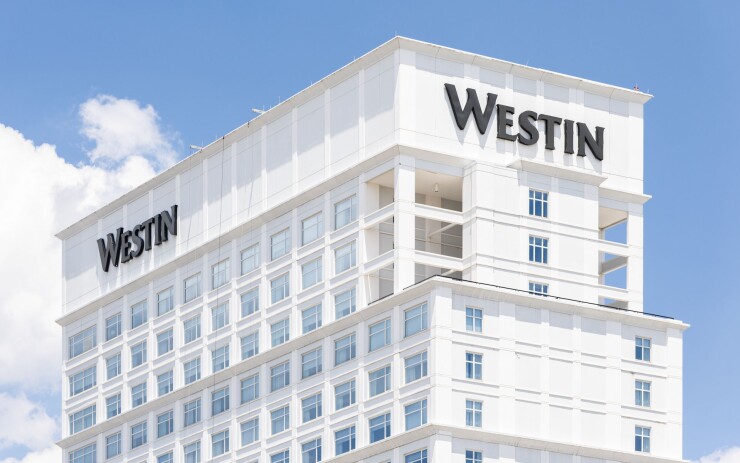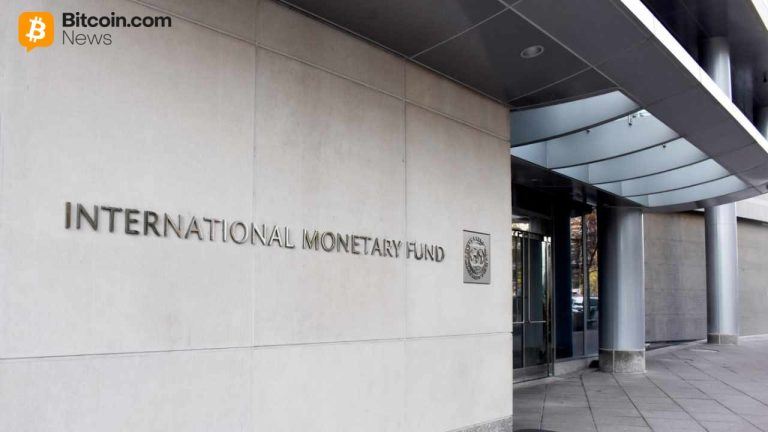Troubled Lombard, Illinois, hotel project restructures debt, again
5 min read

Adobe Stock
A municipal bond-financed hotel project in the Chicago suburbs is back in the market with a deal to restructure debt issued to exit a bankruptcy restructuring seven years ago.
The Westin Chicago Lombard hotel and convention center has had a bumpy road since the first debt issuance for the project in 2005.
The hotel’s struggles dragged the rating of the village of Lombard to sub-investment grade for many years.
The nonprofit corporation the village created to issue the debt and own the project is returning to market with unrated bonds designed to cure payment defaults on its Series 2018A bonds.
The $88.1 million of tax-exempt first tier Series 2025 revenue bonds, issued through Wisconsin’s Public Finance Authority for borrower the Lombard Public Facilities Corp., will price the week of Sept. 29, according to an online investor presentation.
“The fact that the Lombard Public Facilities Corp. is still struggling to meet debt obligations years after its bankruptcy is a red flag,” Ravi Mishra, policy analyst at Illinois Policy, a Chicago-based, libertarian-leaning think tank, said by email.
Lombard, a village of about 44,000 20 miles west of Chicago,
BofA Securities is senior managing underwriter for the new bonds. GPM Municipal Advisors, LLC is the municipal advisor on the deal. Taft Stettinius & Hollister, LLP is bond counsel, and Greenberg Traurig, LLP is special tax counsel, according to the preliminary limited offering memorandum.
The Series 2025 bonds will refinance and restructure the first tier Series 2018A-1 revenue bonds, of which there is $32.9 million of aggregate principal currently outstanding, and the first tier Series 2018A-2 revenue bonds, of which there is $26.59 million of aggregate principal currently outstanding.
They will also pay a portion of unpaid accrued interest on the first tier Series 2018A bonds, including paid-in-kind interest; make a deposit to the hotel capital expenditure reserve fund; fund a debt service reserve fund for the first tier Series 2025 bonds; and pay costs of issuance.
The 500-room, 18-story hotel, owned by the corporation, opened in August 2007. The project also includes a 55,500-square-foot convention center, restaurant and banquet space, a four-story parking garage and a parking lot.
The new
From the beginning, revenues from operations were not enough to pay debt service and fund reserve account deposits.
The village lost its investment-grade rating in 2014 when Lombard
S&P subsequently withdrew its B rating in 2019, said David H. Smith, associate director at S&P. The village did not return to investment grade
“The BBB rating reflects our view of the city’s credit quality as well as our view of an historical unwillingness to support debt service obligations,” Smith said by email.
The corporation declared Chapter 11 bankruptcy in July 2017.
In March 2018, the bankruptcy court signed off on the corporation’s Chapter 11 reorganization plan.
In 2019, the hotel operator began a total renovation of the guest rooms and meeting spaces. The renovation came with a $14.7 million price tag.
The corporation defaulted on its Series 2018 revenue bonds in mid-2020 and again in 2021, blaming shelter-in-place orders and restrictions on gatherings and indoor dining put in place during the COVID-19 pandemic.
It then secured a
In April 2021, Crescent Hotel Management Services became operator of the hotel and signed a franchise agreement with Marriott International.
In 2022, the corporation
In January 2024, the corporation resumed partial interest payments on the Series 2018A-1 bonds and the Series 2018A-2 bonds, according to the investor presentation.
But the corporation was saddled with paid-in-kind or PIK interest after its scheduled interest payments fell below the required interest, resulting in a growing outstanding principal balance on the first tier Series 2018A bonds. (The PIK interest provisions ended in July 2021.)
The franchise agreement with Marriott also requires significant ongoing capital expenses for repairs, replacements and renovations, according to the limited offering document.
Some of the proceeds of the first tier Series 2025 bonds will pay for patio remediation, a replacement roof and cooling tower “and other brand-refresh needs,” according to the investor presentation.
Illinois Policy’s Mishra said the tax increment financing district around the hotel and convention center is “subsidizing failure,” not economic development, and projects like this should succeed or fail based on market demand, not a local government’s ability to issue debt.
“The danger of TIF districts is they divert tax dollars away from schools and core services that need them, and bet on projects that can underperform,” Mishra said.
Lombard Finance Director Tim Sexton declined to comment, saying “the village is not very involved” in the refinancing. He referred all questions to the LPFC’s attorney, Donald Renner III, who did not respond to requests for comment.
Sexton also pointed to a memo, prepared by himself and Village Manager Scott Neihaus and presented to the board, which notes that the village hired the same restructuring attorneys (Saul Ewing LLP) to review the documentation for this deal as it did during the 2018 debt restructuring.
The village believes it has not agreed to any financial obligations under this deal other than rebating the taxes generated by the property, the memo said.
According to the village’s most recent annual comprehensive financial report,
Lombard has an issuer credit rating of BBB with a stable outlook by S&P, but the past hangs over the rating. “Its earlier series of non-appropriation events continue to influence our view of its commitment to funding future debt service obligations,” the rating agency said in 2023, when it restored its rating.
About half an hour away from the Lombard project, the Westin Chicago North Shore in Wheeling, built on a similar timeline, has also run into financial difficulty, though the local government is not impacted.
The bonds that the village of Wheeling sold in 2005 through a tax increment financing agreement to finance the construction of that project were
The hotel reportedly







